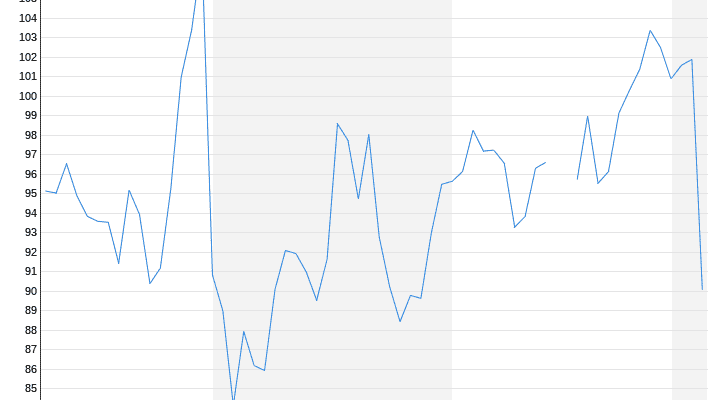Market intervention tears prices down
Vienna is examining profit skimming from state-owned companies
5/5/2022, 8:29 p.m
The Austrian electricity supplier Verbund is benefiting from rising prices and is therefore increasing its dividend. The government in Vienna views this with suspicion, as the taxpayers also have a stake in the company through them, but do not receive any money.
Austria’s Federal Chancellor Karl Nehammer is considering a statutory skimming off of profits from state-owned companies. “I have given the Finance Minister and the Economics Minister the task of presenting proposals,” said the conservative ÖVP politician in the “Tiroler Tageszeitung”. The aim must be that when companies with state participation generate large profits, the owners benefit – and according to Nehammer, in the end it is the taxpayers.
Among other things, the Austrian state holds a majority stake in the country’s largest electricity supplier, Verbund. Its investors reacted with fright and threw the composite papers out of the depot. The utility’s papers fell in Vienna by 12.8 percent to 88.40 euros and thus to the lowest level since the end of March. It was one of the biggest price falls in the company’s history.
Verbund boss Michael Strugl criticizes the government’s plan. “The statements have led to considerable uncertainty, which has had an impact on the share,” said the company boss when asked. With its investments, Verbund has an important task in the expansion of renewable energies. “We are therefore against state intervention in the market, even if it is ultimately a political decision.”
random wins? belong shared
In the past financial year, Verbund benefited from the sharp rise in wholesale electricity prices and increased its profits by more than a third to EUR 873.6 million. The shareholders received a higher dividend of EUR 1.05 (0.75) per share. The Austrian state, as the main shareholder, also benefited from this.
Chance profits from companies with state participation would belong to the people and not to the company alone, Nehammer said. “We need new regulations.” When companies derive high profits from hydropower, this has nothing to do with the gas price. “We have to think about how these profits can be made available to people,” said Nehammer. “All economic liberals are about to swoon, but in times of crisis we must help together.”
Greens in Germany are planning something similar
The German Greens recently made a similar proposal. They are considering taxing corporate profits that have their roots in wars and crises separately. “If it is obvious that some corporations are knowingly and, above all, making excessive profits from the horror of this war, then we should introduce an excess profit tax that actively counteracts this,” said party leader Ricarda Lang on Monday. This tax would ensure “that those who participate financially, that we all get through this crisis well and, above all, with a stronger cohesion”.
Federal Economics Minister Robert Habeck supports the idea of an excess profit tax, but warned of legal difficulties when it comes to implementation. He thinks it’s right “that those who are currently making high profits at the expense of the general public are giving back part of it,” said Habeck, especially with regard to oil companies. However, the tax law is “a tough board,” emphasized the minister. “And we haven’t drilled through that yet.”
